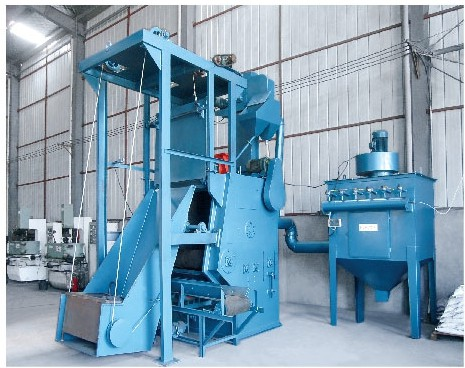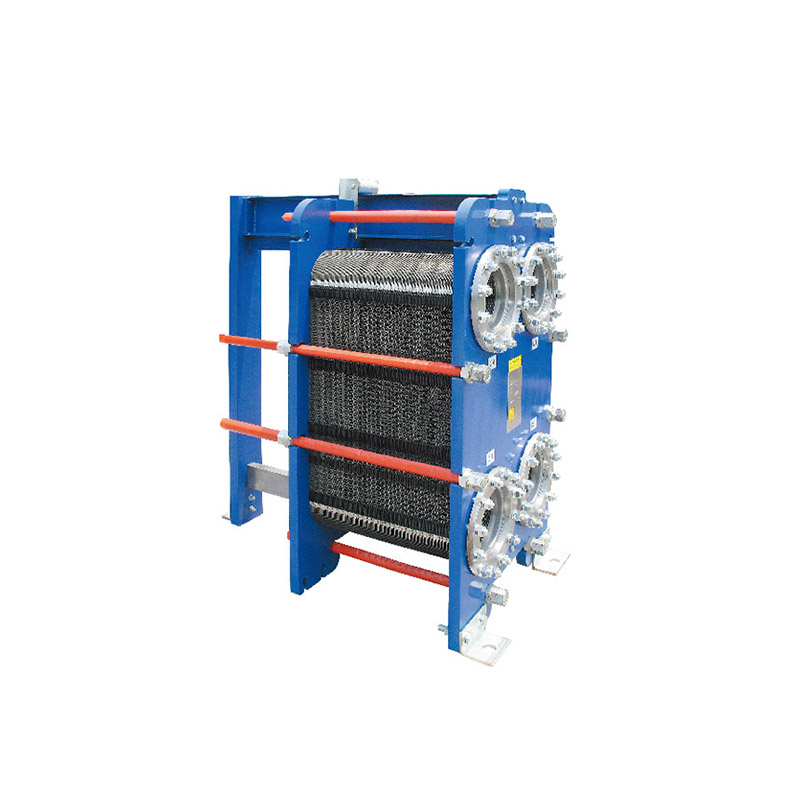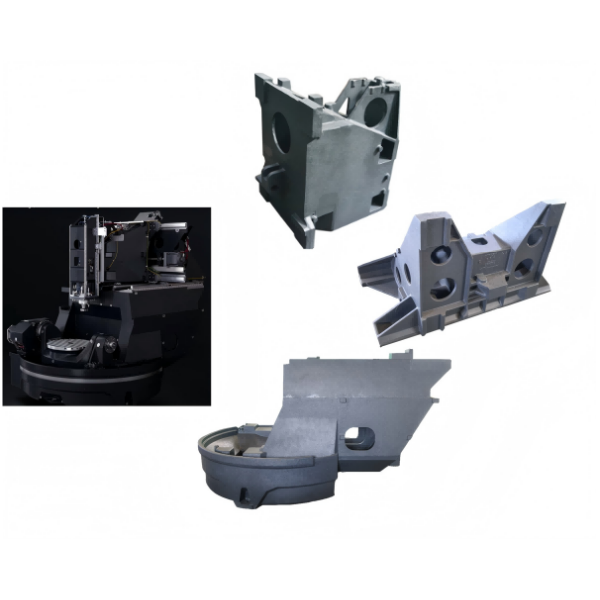In an era where cyber threats are evolving at an unprecedented pace, the importance of robust cybersecurity measures cannot be overstated. Among these measures, firewalls serve as a critical line of defense against unauthorized access and cyberattacks. However, with a plethora of firewall brands available in the market, the question arises: which firewall brand is the best? This article delves into the intricacies of firewall technology, evaluates leading brands, and provides insights to help organizations make informed decisions.
Understanding Firewall Technology
Before we explore the best firewall brands, it’s essential to understand the types of firewalls and their functionalities. Firewalls can be broadly categorized into three types:
- Packet-Filtering Firewalls: These are the most basic type of firewalls that inspect packets and allow or block them based on predefined rules. While they are effective for simple tasks, they lack the sophistication needed to combat advanced threats.
- Stateful Inspection Firewalls: These firewalls maintain a state table to track active connections and make decisions based on the context of the traffic. They offer a higher level of security compared to packet-filtering firewalls.
- Next-Generation Firewalls (NGFW): NGFWs combine traditional firewall capabilities with advanced features such as intrusion prevention systems (IPS), deep packet inspection, and application awareness. They are designed to address modern threats and provide comprehensive security.
Evaluating Leading Firewall Brands
When it comes to selecting the best firewall brand, several key players dominate the market. Here, we evaluate some of the most reputable brands based on their features, performance, and user feedback.
- Palo Alto Networks
Palo Alto Networks is often regarded as a leader in the firewall space, particularly with its next-generation firewall solutions. Their firewalls are known for:
- Advanced Threat Prevention: Utilizing machine learning and AI, Palo Alto firewalls can identify and mitigate threats in real-time.
- Application Visibility and Control: They provide granular control over applications, allowing organizations to enforce policies based on user behavior.
- Integrated Security Features: With built-in IPS, URL filtering, and malware protection, Palo Alto offers a comprehensive security suite.
- Fortinet
Fortinet’s FortiGate firewalls are another strong contender in the market. Key features include:
- High Performance: FortiGate firewalls are designed for high throughput and low latency, making them suitable for large enterprises.
- Unified Threat Management (UTM): Fortinet integrates multiple security features into a single appliance, simplifying management and reducing costs.
- Scalability: Their solutions cater to businesses of all sizes, from small offices to large data centers.
- Cisco
Cisco is a well-established name in networking and cybersecurity. Their firewalls, particularly the Cisco Firepower series, offer:
- Comprehensive Security: Cisco Firepower combines traditional firewall capabilities with advanced threat intelligence and IPS.
- Seamless Integration: Cisco’s solutions integrate well with other Cisco products, providing a cohesive security ecosystem.
- Robust Reporting and Analytics: Cisco offers extensive logging and reporting features, enabling organizations to monitor their security posture effectively.
- Check Point
Check Point is known for its strong focus on security management and policy enforcement. Their firewalls provide:
- Centralized Management: Check Point’s management console allows for easy policy management across multiple devices.
- Threat Prevention: Their firewalls come equipped with advanced threat prevention technologies, including sandboxing and anti-bot capabilities.
- Flexible Deployment Options: Check Point offers both hardware and software solutions, catering to various deployment needs.
Factors to Consider When Choosing a Firewall Brand
While evaluating firewall brands, organizations should consider several factors:
- Security Features: Look for advanced features such as intrusion prevention, application control, and threat intelligence.
- Performance: Assess the firewall’s throughput and latency to ensure it meets your organization’s needs.
- Scalability: Choose a solution that can grow with your organization, accommodating increased traffic and additional security requirements.
- Ease of Management: A user-friendly interface and centralized management can significantly reduce the operational burden on IT teams.
- Cost: Consider both the initial investment and ongoing maintenance costs to ensure the solution fits within your budget.
Conclusion: The Best Firewall Brand for Your Needs
Determining which firewall brand is the best ultimately depends on your organization’s specific needs, budget, and existing infrastructure. While Palo Alto Networks, Fortinet, Cisco, and Check Point are all strong contenders, the right choice will vary based on the unique challenges your organization faces.









+ There are no comments
Add yours